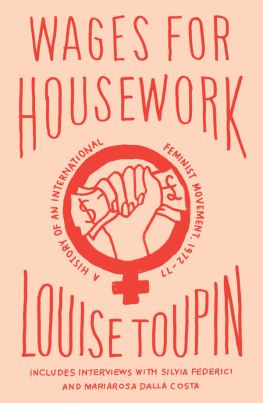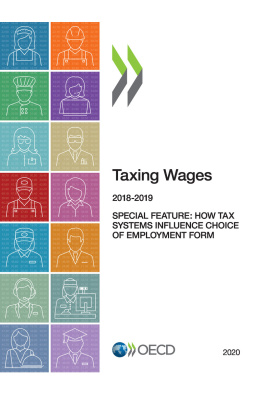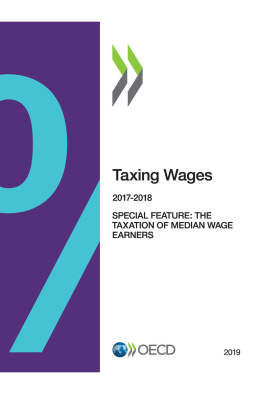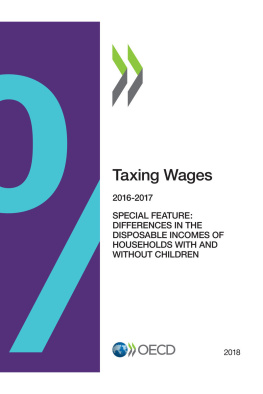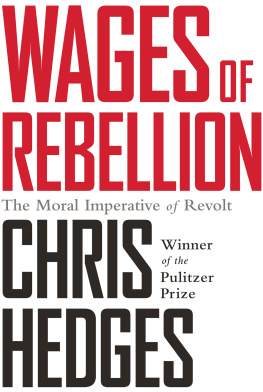WAGES FOR STUDENTSwas written and published anonymously during student strikes in Massachusetts and New York in the fall of 1975 by three activists associated with the journal Zerowork.
SUELDO PARA ESTUDIANTESfue escrito y publicado de manera annima por tres activistas vinculados a la revista Zerowork durante las huelgas estudiantiles en Massachusetts y Nueva York en el otoo de 1975.
DES SALAIRES POUR LES TUDIANTSa t crit et publi anonymement pendant les grves dtudiants du Massachusetts et de New York lautomne 1975 par trois militants associs la revue Zerowork.
Wages for Students | Sueldo para Estudiantes | Des salaires pour les tudiants
Introduction | Introduccin | Introduction 2016 George Caffentzis, Monty Neill, John Willshire-Carrera
This book is a editorial collaboration to be published in North America and South America respectively | Este libro es una colaboracin editorial, publicado y diseado, en Amrica del Norte y Amrica del Sur | Ce livre est une collaboration ditoriale pour tre publi en Amrique du Nord et Amrique du Sud, respectivement 2016 Common Notions and vaticanochico.
Originally a self-published pamphlet distributed in the United States in 1975 by members of Zerowork | Originalmente autopublicado y distribuido en Estados Unidos por miembros de Zerowork en 1975 | Ce texte a originellement t publi sous forme de brochure et distribu aux tats-Unis par des membres de Zerowork en 1975.
Trilingual publication edited by | Publicacin trilinge editada por | Publication trilingue dite par: Jakob Jakobsen, Mara Berros, and Malav Kanuga.
Collective Spanish translation | Traduccin colectiva al castellano | Traduction collective vers lespagnol: Catalina Valds, Carlos Labb, Mnica Ros, Romina Pistacchio, Constanza Ceresa, Javier Osorio, Catalina Donoso. Special thanks to Carolina Alonso Bejarano for editorial assistance and Edison Prez for Spanish proofreading.
Collective French translation | Traduccin colectiva al francs | Traduction collective vers le franais: Alponse Girard, Frdric Racine, and Paulin Dardel of ditions de lAsymtrie. Special thanks to Adrien Tournier of ditions Entremonde and Gabrielle Grin for editorial assistance.
This is work is licensed under the Creative Commons Attribution-NonCommercial- ShareAlike 3.0 Unported License. To view a copy of this license, visit | Esta obra esta licenciado bajo Reconocimiento-NoComercial- SinObraDerivada 3.0 Unported Licencia Creative Commons. Para ver una copia de esta licencia, visite | Ce travail est sous licence Creative Commons Paternit-Pas dutilisation commerciale-Partage des conditions initiales lidentique 3.0 non transpos. Pour voir une copie de cette licence, visitez le lien creativecommons.org/licenses/by-nc-sa/3.0/.
ISBN: 978-1-942173-02-1 | LCCN: 2015954298 |
Common Notions | vaticanochico |
131 8th St. #4 | Obispo Donoso 24. |
Brooklyn, NY 11215 | Depto 5 Providencia |
www.commonnotions.org | Santiago, Chile |
www.vaticanochico.com |
Design and typesetting | Diseo y tipografa | Conception et excution graphique: Morgan Buck and Josh MacPhee | Antumbra Design www.antumbradesign.org
Printed in the USA by | Impreso en Estados Unidos por | Imprim aux Etats-Unis par: the employee-owners of Thomson-Shore www.thomsonshore.com
WAGES FOR STUDENTS
SUELDO PARA ESTUDIANTES
DES SALAIRES POUR LES TUDIANTS
English | ingls | anglais
Spanish | castellano | espagnol
French | francs | franais

WAGES FOR STUDENTS
Wages for Students, a pamphlet in the form of a blue book, was written and published anonymously by activists linked to the journal Zerowork during student strikes in Massachusetts and New York in the fall of 1975. Deeply influenced by the Wages for Housework Campaigns analysis of capitalism and emerging in relation to struggles such as Black Power, anti-colonial resistance, and the antiwar movements, the authors sought to fight against the role of universities as conceived by capital and its state. The pamphlet debates the strategies of the student movement at the time and denounces the regime of forced unpaid work imposed every day upon millions of students. Wages for Students was an affront to and a campaign against the neoliberalization of the university, at a time when this process was just beginning. Forty years later, the highly profitable business of education not only continues to exploit the unpaid labor of the students, but now also makes them pay for it. Today, when the student debt situation has us all up to our necks, and when students around the world are refusing to continue this collaborationism, we again make this booklet available for education against education.
This new trilingual edition is edited by Jakob Jakobsen, Mara Berros, and Malav Kanuga, and includes an introduction by George Caffentzis, Monty Neill, and John Willshire-Carrera. It also includes a transcript of a collective discussion organized by Jakob Jakobsen, Malav Kanuga, Ayreen Anastas, and Rene Gabri, following a public reading of the pamphlet by George Caffentzis, Silvia Federici, Cooper Union students, and other members and friends of 16 Beaver.
George Caffentzis, Monty Neill, and John Willshire-Carrera
(A pamphlet in the form of a blue book, 1975)
The Wages for Students Students
16 Beaver, New York
Sunday March 3rd, 2013

Introduction to the Present Edition
George Caffentzis, Monty Neill,
and John Willshire-Carrera
Wages for Students was published anonymously in the fall of 1975 by three activists. One was an assistant professor at Brooklyn College (part of the City of New York university system) and two were graduate students at University of Massachusetts in Amherst.
It is not surprising that the New York metropolitan area and the state of Massachusetts were the sites of origin of a pamphlet on university student conditions and demands, since both had one of the highest concentrations of tertiary-level students in the United States. New York and Massachusetts were for students what Detroit then was for autoworkers.
Nor was the time of origin surprising in terms of the conjunctures of both theory and history. The authors were all involved with a journal titled Zerowork. The journals theoretical approach was a synthesis of the workerist perspective (coming from Italy) and the Wages for Housework Campaign initiated in 1972 by the International Feminist Collective. The workerist perspective had its roots in the struggles of factory workers in the industrial belt stretching from Los Angeles through Detroit to Turin, while Wages for Housework had its roots in the struggles of unwaged women demanding a wage for their housework, including the struggle for welfare rights in the United States.






